Wow, 2020 has not been kind to theaters. First, many have had to close because of a pandemic (but good job on putting human lives before profit). And now, another ugly underside of the comedy and theater community is being revealed.

Being inclusive is not a destination. It is something that a community must continue to work on.
Now, this article is about the current situation regarding race and a response to the history of racism in America, so some of the language will be race specific. Laurel James has already done a great job tackling gender-equality and trans-inclusivity in this article: “How to Make Your Improv Theater More Trans Friendly”, so please also check out that article as well. Also, they spoke recently with Aaron Mosby (Washingon Improv Theater) about inclusion.
So here are some things to consider:
(1) Can you and the other members of the team acknowledge that you contribute to systemic racism?
I’m a cishet, Black man and I know that my actions (even despite the best of intentions), contribute to the systemic oppression of other people. Now, I’m definitely not a racist, but in order to create a safe space, I have to be anti-racist.
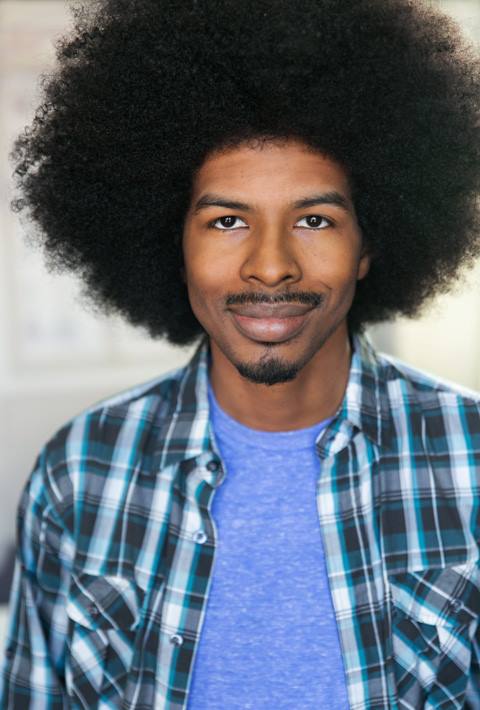
If your team cannot acknowledge their potential biases towards others based on race, gender identity, sexual orientation, age, ability, or religion… then you’re going to have a very hard time making your theater a more inclusive space. Just because you’re not screaming the n-word at every Black student who decides to sign up for a class, doesn’t mean that you’ve created a safe space for students. You are both defined by what you do and what you don’t do.
And when a person from a disadvantaged group brings up a problem that they have, are you really listening to their complaint? Or are you sweeping it under the rug? More on that in a bit.
(2) Do you have performers from a variety of backgrounds, and do you avoid tokenism?
I have heard of improv troupe auditions where directors and coaches have pre-determined slots of minorities. The conversation might sound a little bit like this, “Okay, this guy is really good at characters so let’s put them on the team. And this guy is a bit of a wild card, so we can also put him on the team because he brings the energy. And now we need to choose someone to bring a little color to the team.” Hmm, can you tell what’s wrong with this situation?

This is the difference between not being racist and being anti-racist. Weirdly enough, the most interesting thing about a minority is NOT the color of their skin. If the only thing that you value about a person is their race, this is a problem. Anti-racism involves actively fighting against tokenism and making sure that you are holding everyone to equal benchmarks.
(3) Does your staff (teaching, artistic, and managerial) represent your ideal student body?
There is a subconscious message that is sent to students and performers when your managerial staff is not diverse. Put yourself, for a moment, in the shoes of a young Black man starting in the mail room of a company. He sees other Black men in the mail room. He even sometimes sees other Black men working the night janitorial shifts. However, he doesn’t see any Black men (or women) who are C-level executives, or Vice Presidents, or… middle-management… and maybe just one who’s making $55k a year in a cubicle on the second floor.
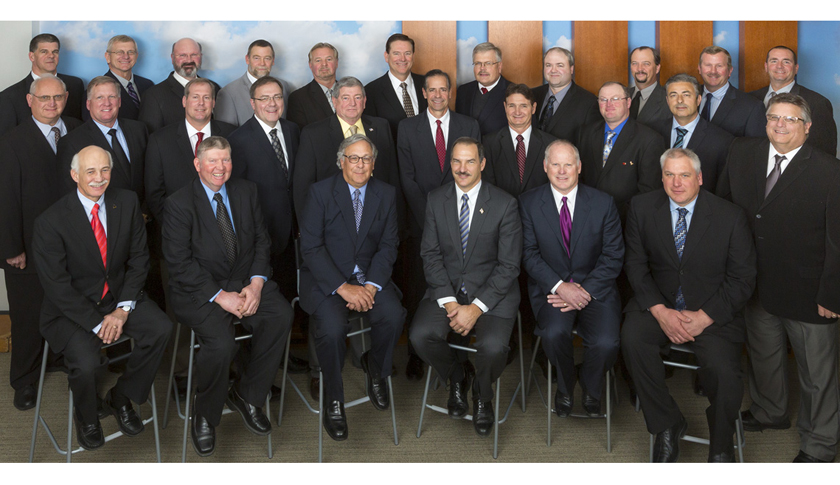
If I walk into your theater and I don’t see anyone that looks like me, I will immediately feel like I don’t belong. This is a natural thing that our brains do, where we identify with people who we feel are similar to us. If I can’t imagine myself on your stage or teaching a class, then I might be slightly less inclined to sign up for a class.
(4) How willing are you to accept feedback and admit that you are wrong or have been wrong in the past?
It’s hard to admit that you’re wrong. Take it from me, I’m right almost all of the time, and so when I’m wrong, it really hurts! Especially if something that I did hurt someone else. But in those moments, it is important to listen to how you’ve hurt people and make the changes needed to be better in the future. Digging your heels in and saying “Well, I can’t be racist/sexist/homophobic/transphobic because _________” is a bad look. Don’t do it.
Alcoholics Anonymous has got it right. The first step is admitting that you have a problem.
(5) Do you tolerate intolerance? If so, stop it!
This is easy (but it’s so hard for some people). If I’m a male student, I shouldn’t make jokes that put down women. If the teacher doesn’t say anything, then it tells the female students that sexism is okay! If White students are making Black jokes, and the teacher doesn’t say anything, then the teacher is saying that racism is okay.
Comedy is not dead. You can be funny without insulting people based on their genetics or heritage. Imagine this:
A gorilla in a bespoke suit making copies. The Xerox machine beeps an error message and the gorilla slams his hand on the Xerox machine, crushing it. A giraffe in a tweed suit calls the gorilla into his office. They sit awkwardly for a moment. The giraffe says “This is the second Xerox machine this week, Mr. Macgregor, do you have anything to say for yourself?” The gorilla stutters out an apology under his breath. The giraffe says, “I know you’re hurting after the divorce. But we’re all here. Okay? Everyone in this office cares about you.” The giraffe gets up and hugs the gorilla, his neck wrapping around the gorilla’s body. The gorilla returns the embrace, but the back of his suit tears. They share a glance and start trashing the office together. COMEDY
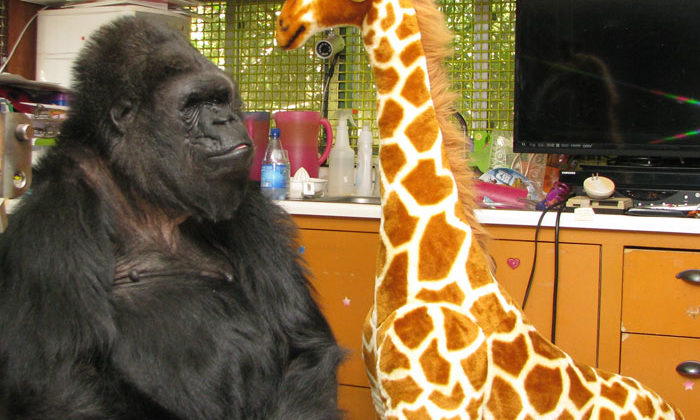
If you can’t be funny without being offensive, then just get better at comedy.
(6) Do you encourage your community to embrace diversity?
If only there were an artform based on multiple people meeting in the middle and building something together. Like, where instead of saying no and pushing their own ideas, they were encouraged to say “Yes…” and then maybe something else. I dunno.
Honestly, if you’ve been doing improv for years and you haven’t learned to be a more tolerant person and to embrace people’s differences and uniqueness, you’re not good at improv. Come at me.
I know what you’re thinking: “Jeff, but by not accepting people who are intolerant, aren’t you also being intolerant?” Haha, okay… someone got a BA in philosophy. The only thing that should never be embraced is hate. So if your version of “diversity” is putting down other people instead of raising them up, then you’re not a good person.
Create a community where people are supported and raised up. And don’t be afraid to get rid of toxic people. Honestly, you’ll be so much happier.
(7) How educated are you on issues of race, sex and gender identity, sexual orientation, age, and physical ability?
Read a book. Read an article. Never stop reading. I’m a professor of psychology, so I teach people about all of the -isms and -phobias for a living. I still read articles, watch informative videos, engage in discussions, and understand that I still can be very wrong about things. And also, the things that are okay now, might not be okay years from now! Society changes! Keep on learning!
(8) How aware are you of microaggressions? And how can you be a better ally?
Have you ever had a stranger ask you to smile? Have you ever had a stranger try and touch your hair or ask you how you “get it like that”? Has a stranger ever asked you about what your genitals look like? Have you ever been on a date and had someone tell you that you should be ashamed of yourselves for being in public? Has someone ever told you that you’re one of the good ones (in reference to other people of you race)? Or has someone told you that you’re not really a member of your race because you don’t act like a specific stereotype? Has someone assumed that you could or could not do something because of a stereotype? Have you ever been told that you speak English well?
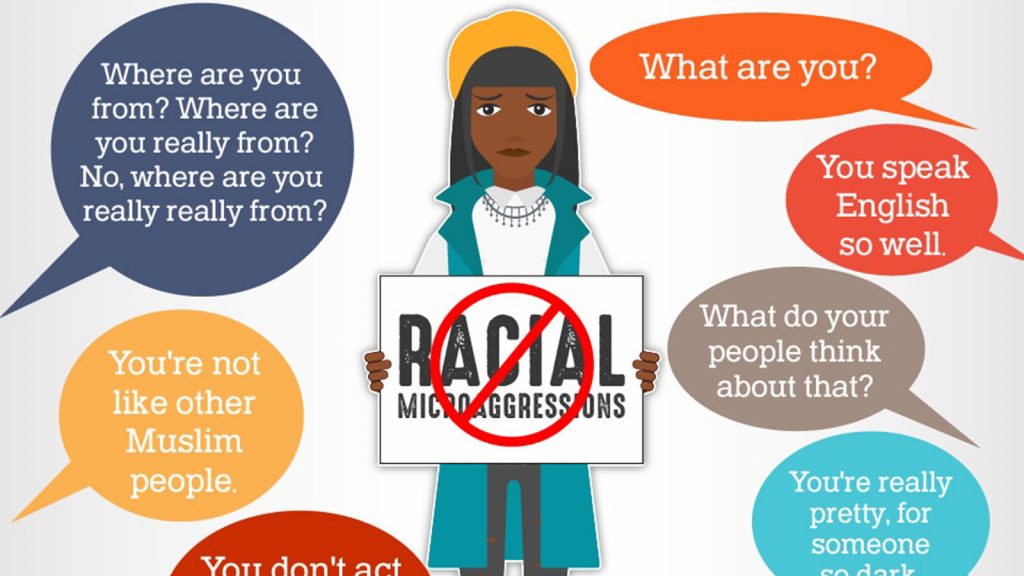
The great philosopher Wikipedia defines a microaggresion as a “term used for brief and commonplace daily verbal, behavioral, or environmental indignities, whether intentional or unintentional, that communicate hostile, derogatory, or negative prejudicial slights and insults toward any group, particularly culturally marginalized groups.” People from marginalized groups deal with these little indignities and microinsults all of the time. If you don’t know many people from those groups, you might not be aware that they deal with them constantly. Listen, learn, educate yourself. If you know what these are you can: (1) stop yourself from saying them and (2) catch others and call them out on saying them.
(9) How will you measure success?
Honestly, how will you? What does a diverse team look like to you? What does a diverse student body look like to you? Have a specific goal and work towards it, and then once you’ve gotten there, make another goal. This is not a destination; this is a journey of many parts.
(10) What can you do to address income inequality?
Individuals from marginalized groups often come from households with limited financial resources. Payment plans, sliding-scale enrollment (where you offer individuals cheaper tuition), and full scholarships are all options for helping marginalized groups be a part of your theater. Actors spend hundreds (often thousands) of dollars every year developing their craft, and unfortunately, not everyone has that luxury. So we should all be thinking about how we can make art more accessible to everyone.
Also, maybe don’t have your free improv jams at 2am on a Tuesday night. Some people have work in the morning.
(11) Are you leaving the fox in charge of the hen house? And are you the fox?
Often the leadership of theaters and comedy schools is one individual who built the theater from the ground up (with a little bit of unpaid labor here and there) or a bunch of friends who got together and built something together. As a result, the power of the institution is in the hands of a few people who are very unlikely to want to give it up or are unlikely to want to have the difficult conversation with their good friend of 8 years who keeps on asking out his students in the middle of class.
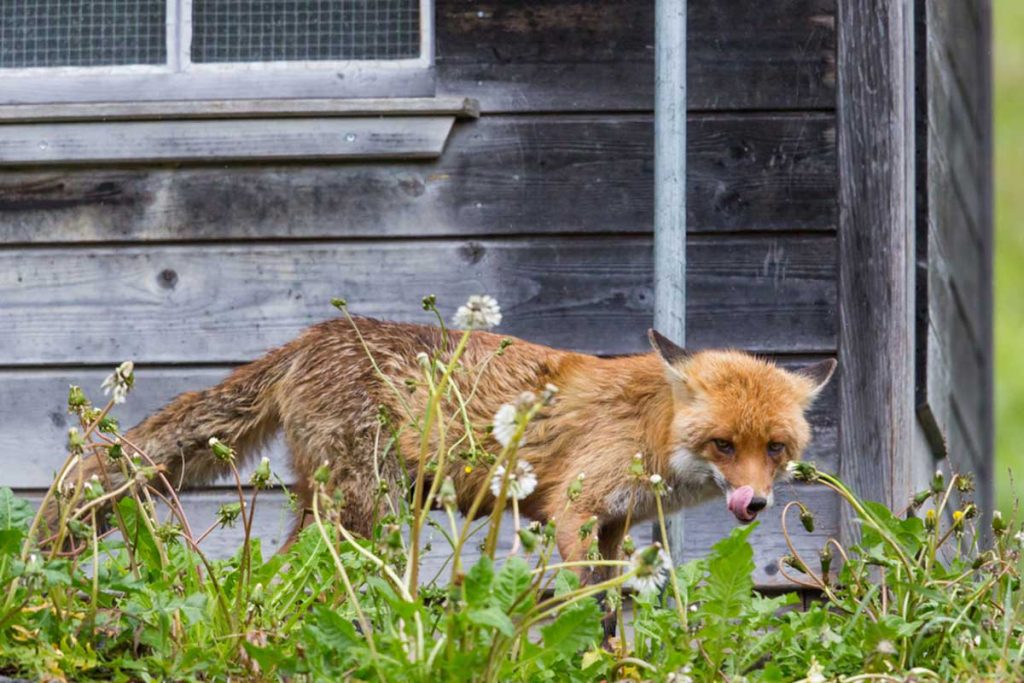
We can’t do it anymore. Turning a blind eye to abuses of power is not okay. Honestly, it never was, but it was just so much simpler to pretend like it wasn’t happening.
I’m not saying that it’s easy. I’m not saying that any of this is easy. But you know who has it harder? The students and performers who had to deal with years of bullying and microaggressions, who worked hard to rise up the ranks of a school only to be told that they’re “difficult to work with,” which is often code for “not willing to tolerate abuse.” It’s harder for the students who might skip a meal because comedy is their dream only to realize that the lessons that they learned in Improv 101 about supporting each other and having each other’s back is just an empty mantra that we slap on t-shirts.
Let’s be better.


 Am I spending too much time with one student?
Am I spending too much time with one student?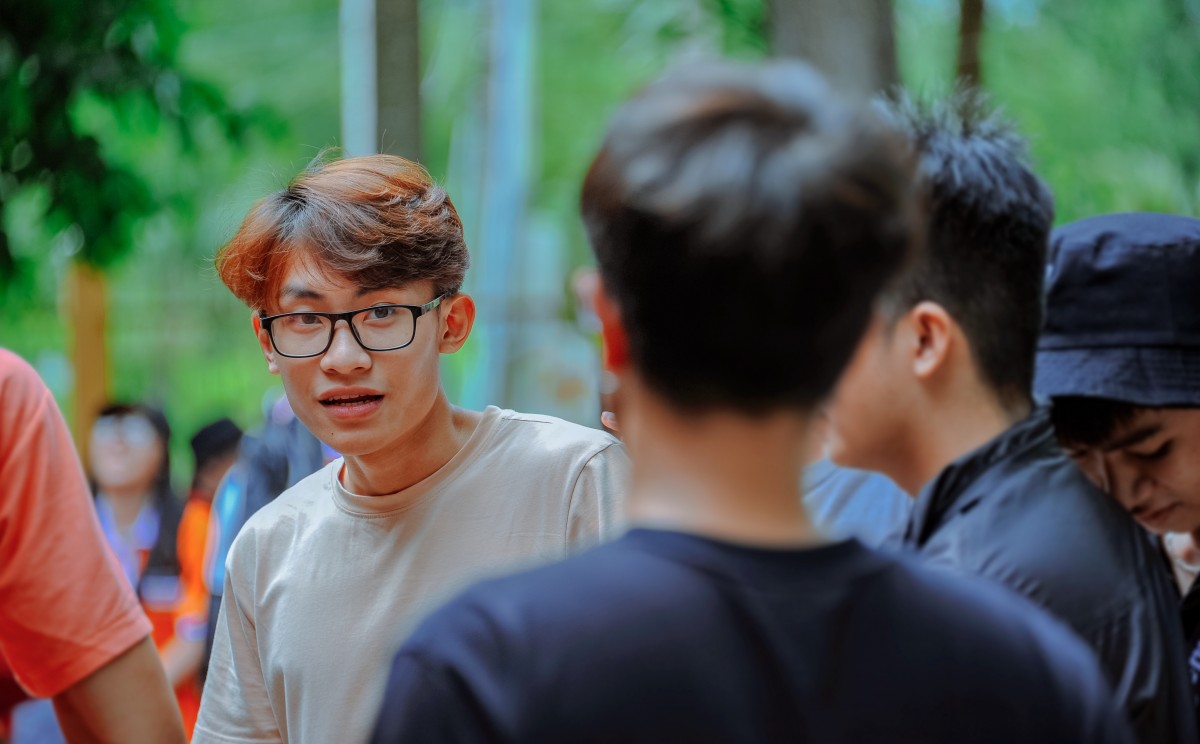

![jason-chin-headshot[1]](http://www.nationalimprovnetwork.com/wp-content/uploads/jason-chin-headshot1.jpg)
![teaching-tools[1]](http://www.nationalimprovnetwork.com/wp-content/uploads/teaching-tools1.png)






